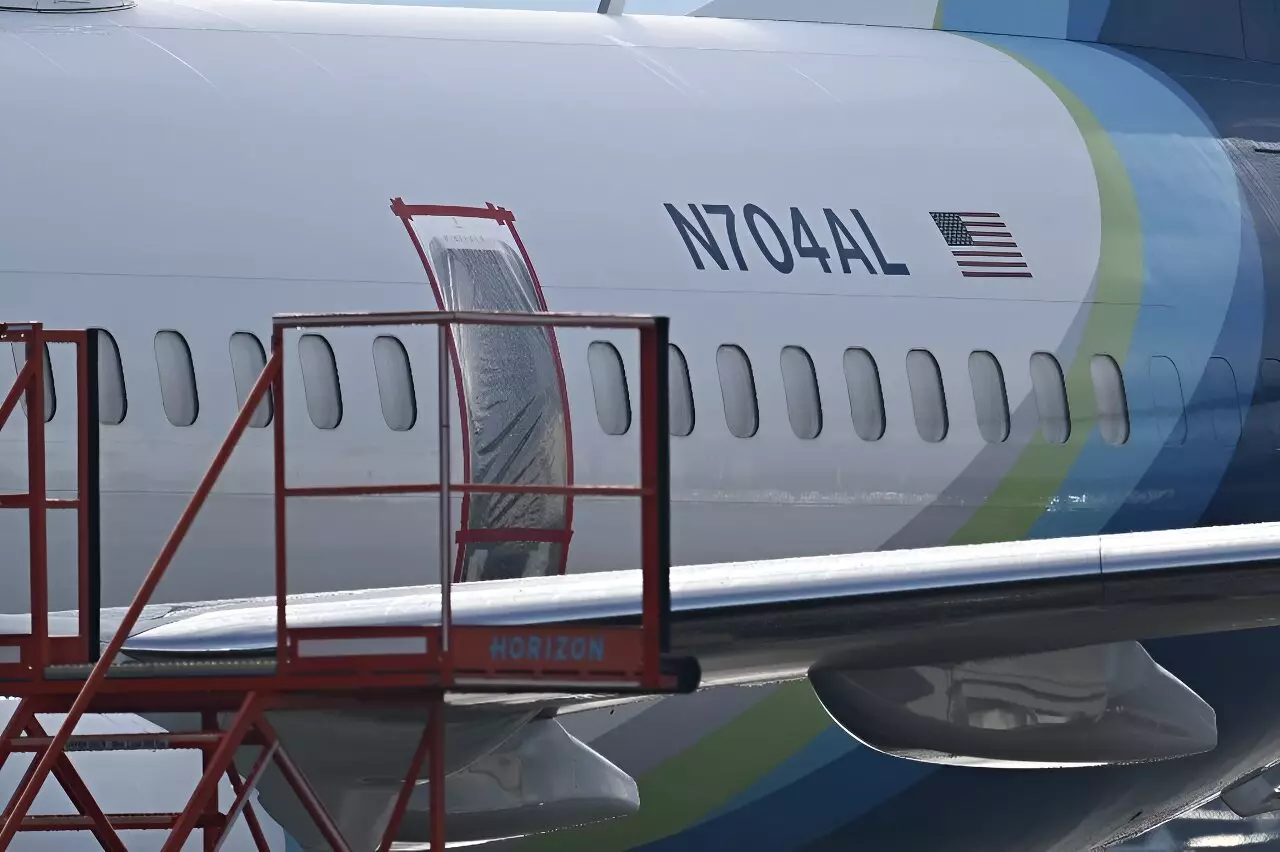In January, a Boeing 737 MAX operated by Alaska Airlines experienced a near-catastrophic incident that required an emergency landing. The incident involved a panel blowing out shortly after takeoff, leaving passengers exposed to open air at an altitude of about 16,000 feet. The National Transportation Safety Board (NTSB) immediately launched an investigation into the incident, which revealed that four bolts securing the panel were missing. These bolts were removed by Boeing employees during an inspection at the Renton plant in Washington state prior to delivery of the aircraft last October.
The NTSB is conducting a two-day hearing in Washington to determine the facts, circumstances, and probable cause of the transportation accident. The hearing aims to make recommendations to improve transportation safety based on the findings of the investigation. The witness list includes officials from Boeing, supplier Spirit AeroSystems, the Federal Aviation Administration (FAA), and the machinists union. Notably, Alaska Airlines is not included in the list of witnesses.
Boeing’s Response
Elizabeth Lund, senior vice president for quality at Boeing, came under fire from the NTSB for sharing details about the incident to journalists touring the company’s Renton plant in June. Lund mentioned that Boeing staff identified five “non-conforming” rivets in the fuselage upon arrival in Renton. However, she stated that the issue did not create a safety hazard. When the fuselage panel, known as the door plug, was removed to replace the rivets, Boeing staff failed to file the documentation for the change, according to Lund. The NTSB sanctioned Boeing for sharing non-public investigative information and making unsubstantiated speculations about the incident.
As a result of Boeing’s actions, the NTSB is blocking the company from reviewing information gathered in the investigation and will not permit Boeing to ask questions of other witnesses at the hearing. NTSB Chair Jennifer Homendy had previously criticized Boeing for dragging its feet in providing key documentation and witnesses related to the incident. The NTSB’s firm stance against Boeing’s actions highlights the importance of maintaining the integrity and confidentiality of ongoing investigations.
Boeing is facing heavy scrutiny from regulators following the January incident. Whistleblowers have come forward with allegations that the company punishes workers who raise safety concerns and attempts to cover up problems. The company’s handling of safety issues and transparency in investigations have come under question, raising concerns about its commitment to ensuring the safety of its aircraft.
The Boeing 737 MAX incident and the subsequent investigation by the NTSB have shed light on the importance of transparency, accountability, and adherence to regulations in the aviation industry. The findings of the investigation will likely have significant implications for Boeing and other manufacturers in terms of safety protocols and regulatory compliance. The incident serves as a reminder of the critical role that regulatory bodies play in ensuring the safety and reliability of air travel for passengers around the world.


Leave a Reply